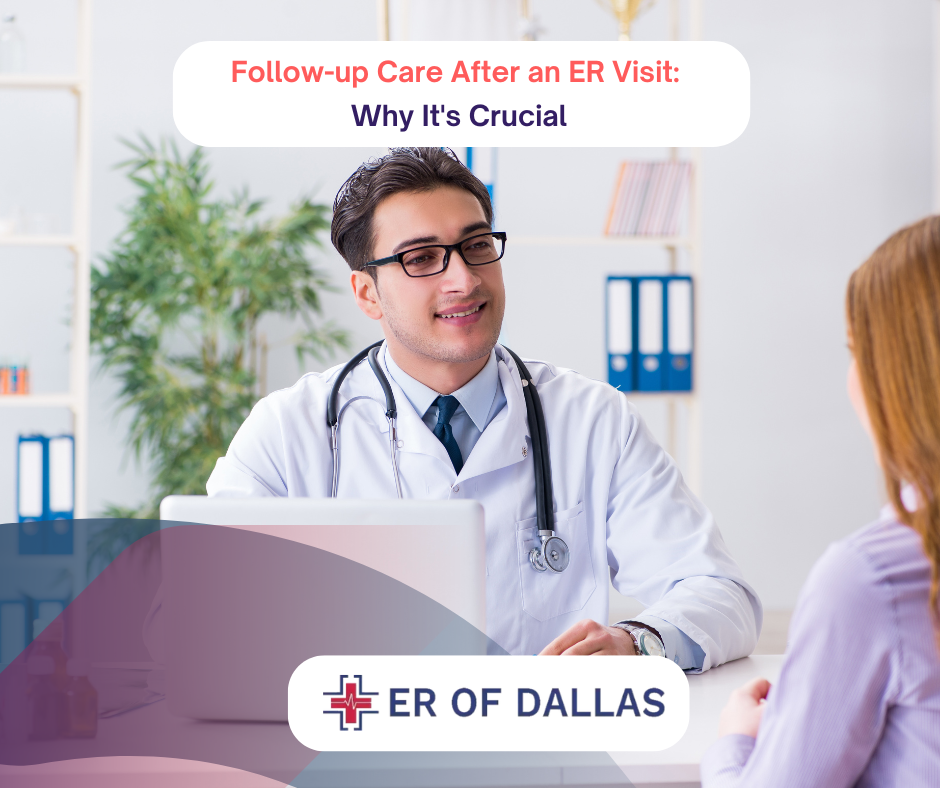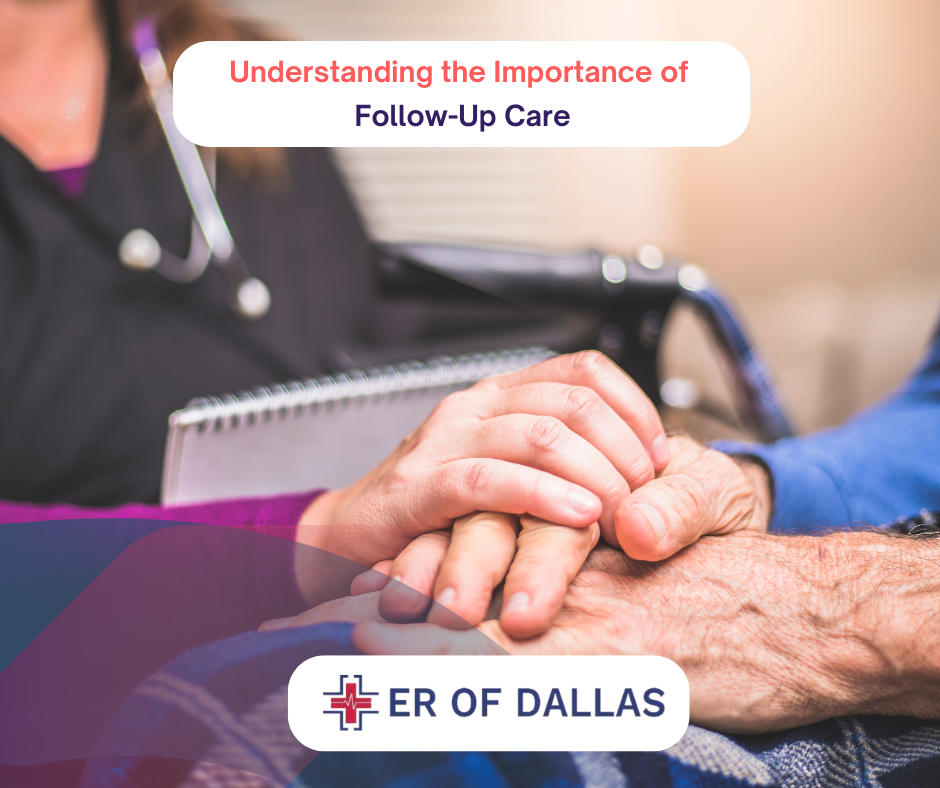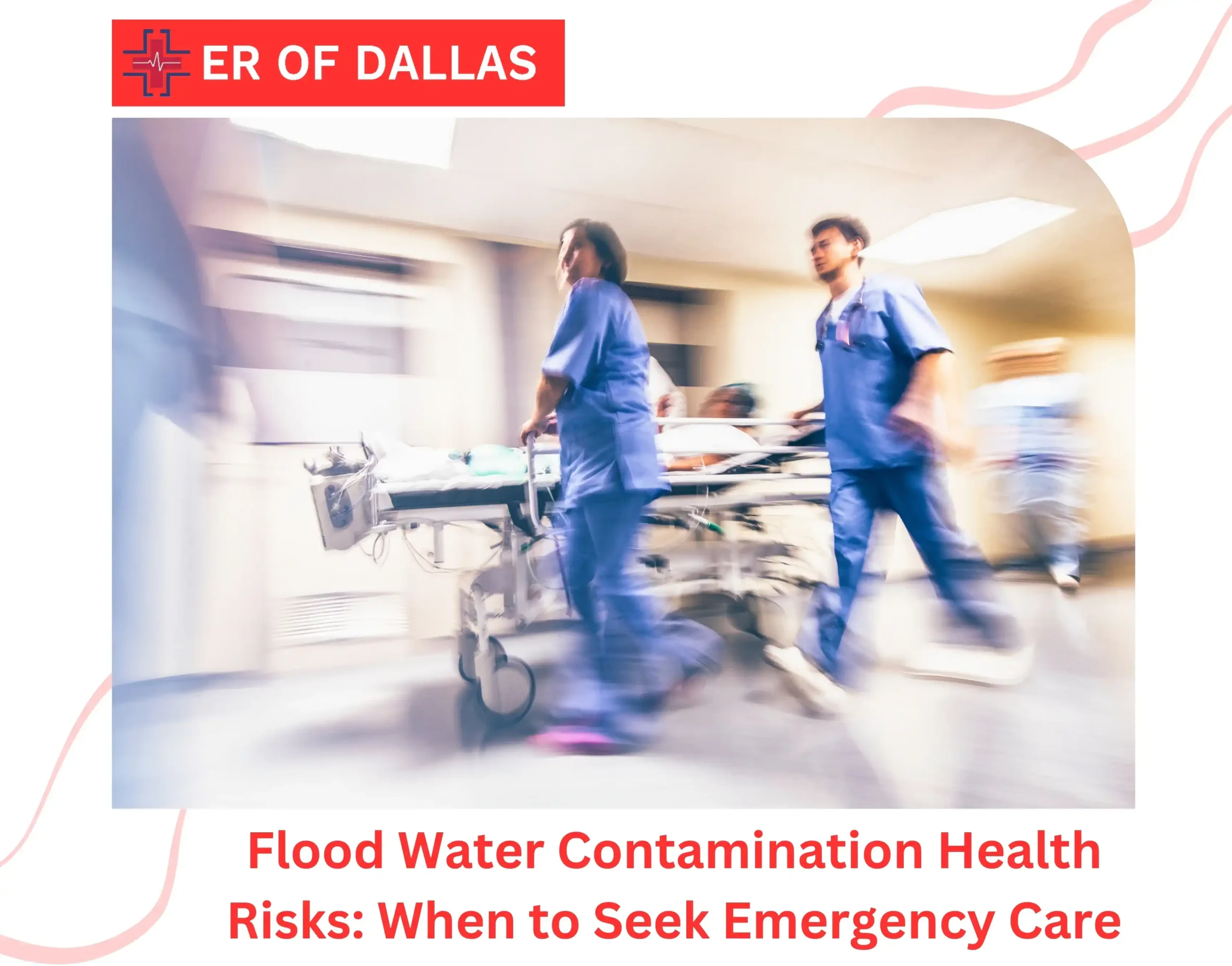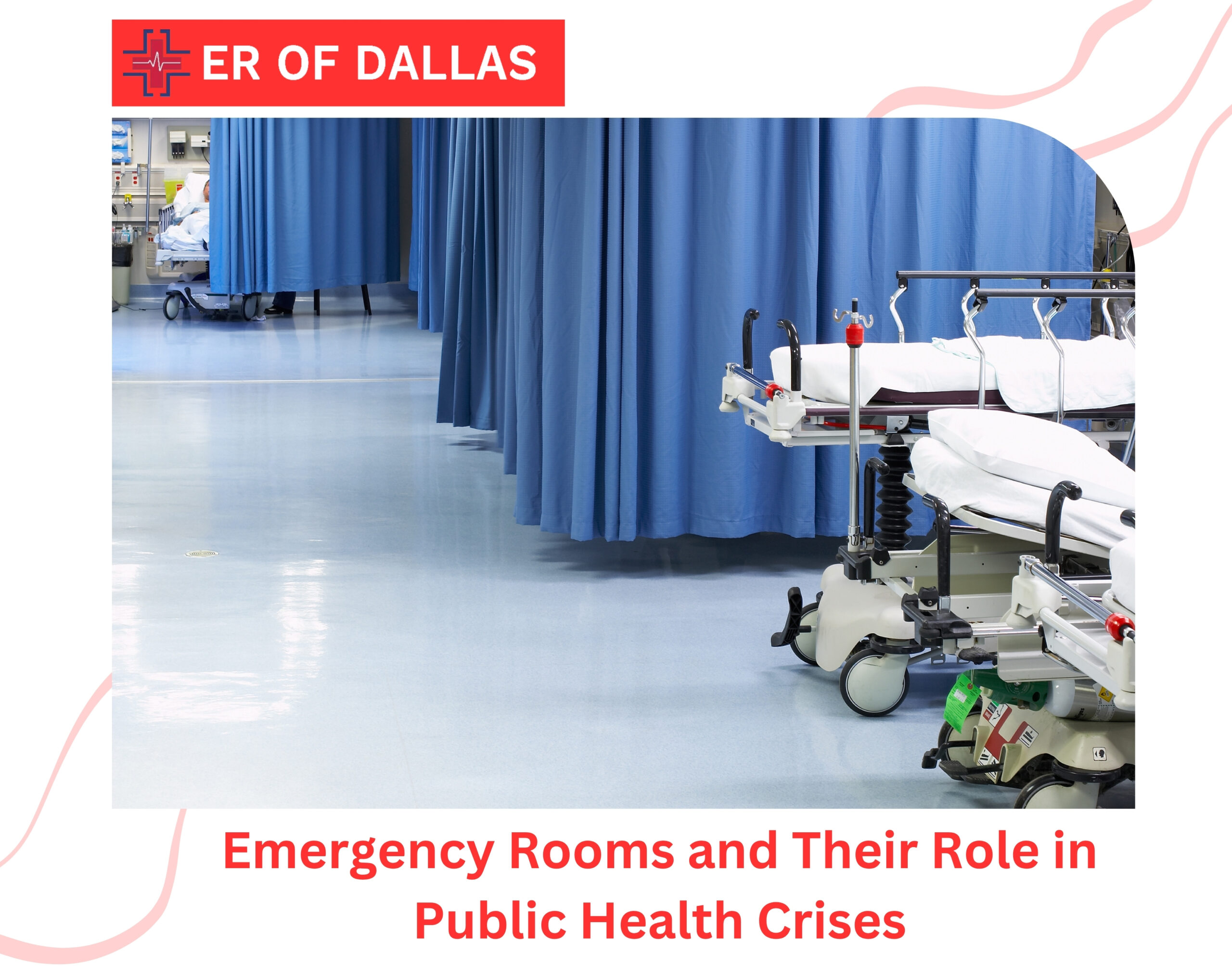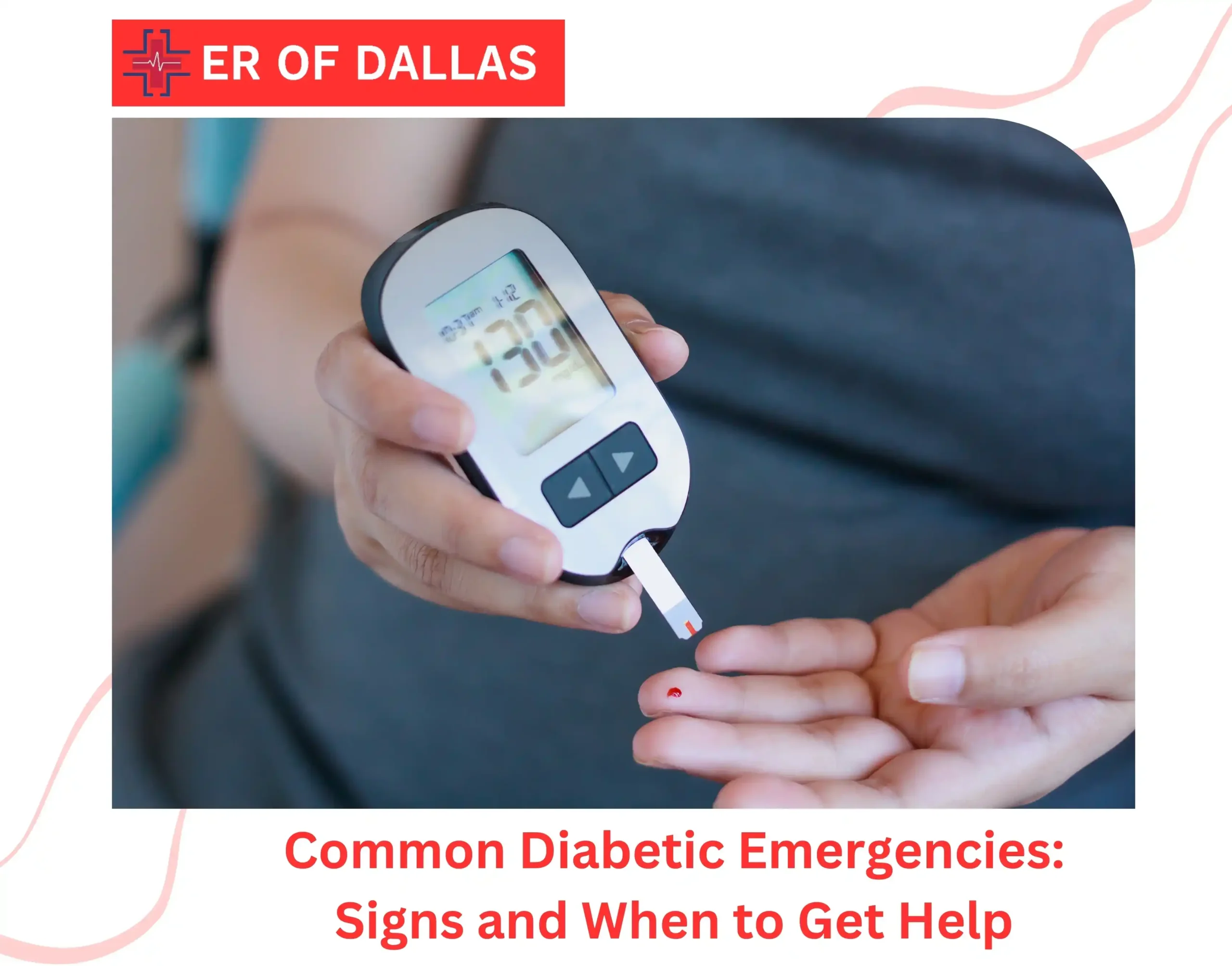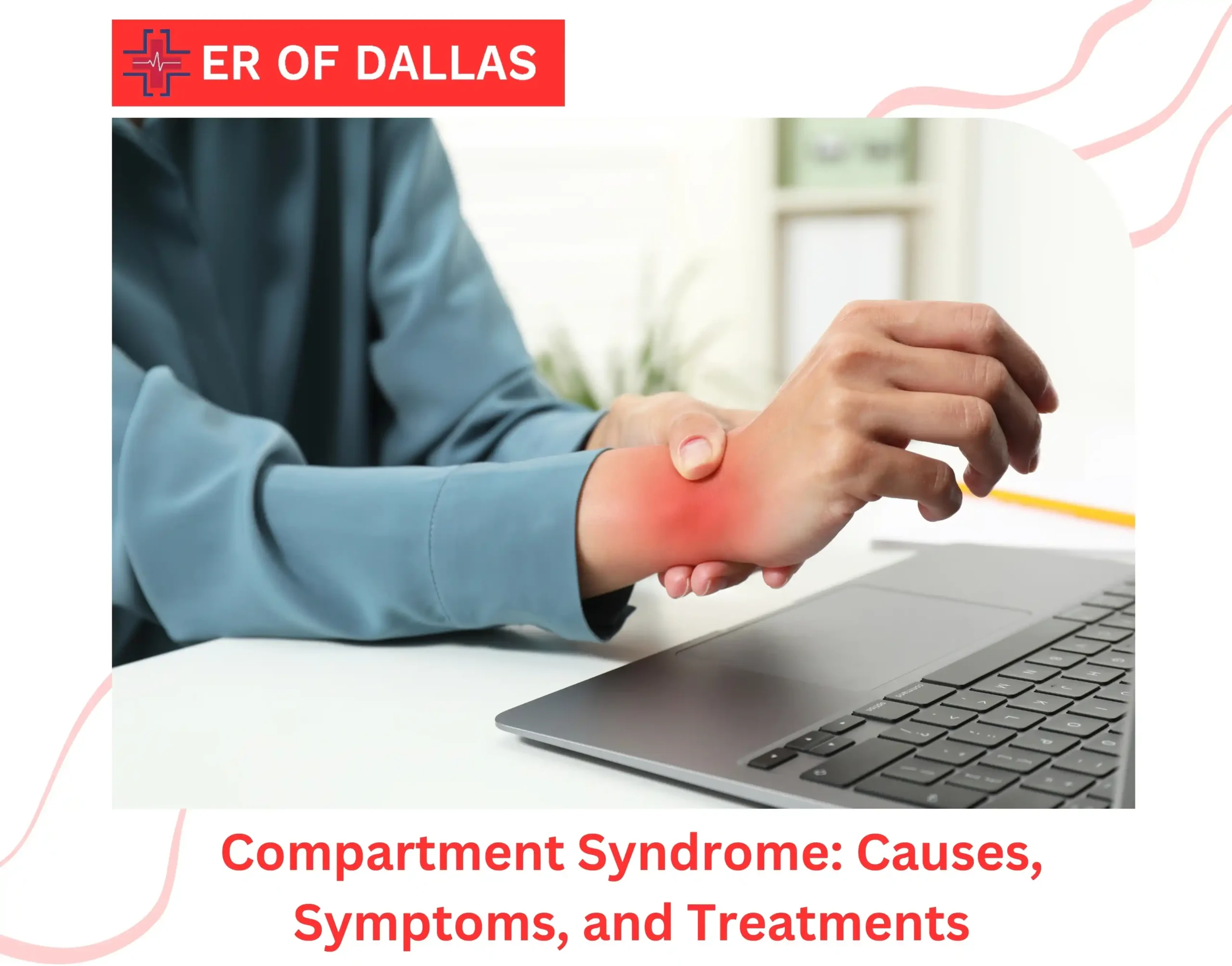You’ve made it through the ER, but your journey to wellness isn’t over. In fact, what you do next could be the most critical part of your recovery.
Follow up care after an ER visit is a step many overlook, yet it can mean the difference between a full recovery and an unwelcome return to the hospital. But why is this care so crucial, and what exactly should you be doing once you’re back home?
In this guide, we explain the importance of post-emergency care, the types of follow up care you might need, and expert tips to ensure a full recovery.
Understanding the Importance of Follow Up Care
Monitoring Recovery Progress
After an initial ER visit, your body is in the early stages of recovery. Follow up care allows healthcare providers to monitor your healing process. They can assess how well you’re responding to treatments prescribed in the ER and make necessary adjustments.
This monitoring is especially vital for conditions like cardiac symptoms or abdominal pain where symptoms can fluctuate.
Preventing Complications
Some conditions treated in the ER can lead to complications if not closely monitored. For instance, if you were treated for a heart attack or severe chest pain, a follow-up checkup with your doctor can help detect any subsequent issues like arrhythmias or other cardiac symptoms.
Similarly, for gastrointestinal issues that cause non-cardiac chest pain, a follow-up checkup with your doctor can ensure there are no lingering problems that could escalate.
Proper Medication Management
Medications prescribed in the ER are often temporary and need careful management. During follow-up visits, doctors can review your medications, adjust dosages, or prescribe new medications as needed. This is particularly important for chronic conditions like heart disease, where medication management is crucial for long-term health.
Addressing Unresolved Symptoms
After an ER visit, some symptoms may persist or new ones may arise. Post-emergency care offers a critical opportunity to address these lingering or emerging issues. For example, if you were diagnosed with GERD after visiting the ER for severe chest pain, follow-up appointments can help optimize your treatment plan, providing personalized adjustments to effectively manage your symptoms and prevent future flare-ups.
Providing Education and Support
A vital aspect of follow up care is patient education, which encompasses personalized guidance on managing their condition. This includes practical lifestyle changes to reduce symptoms and prevent complications, tailored dietary advice to support recovery and overall well-being, and activity modifications to ensure a safe and gradual return to normal life.
By understanding their condition and learning self-care strategies, patients can take control of their health, break the cycle of recurring ER visits, and achieve lasting wellness.
Coordinating Care
Medical Follow up care often involves coordinating with various healthcare providers, including specialists, primary care physicians, and other healthcare professionals. This care coordination after ER visits ensures a comprehensive approach to your health, addressing all aspects of your condition and any related health issues.
Types of Follow Up Care
Primary Care Follow-Up
After an ER visit, scheduling a follow-up checkup with your primary care doctor is essential. Your primary care physician can review the ER visit details, conduct a thorough examination, and provide ongoing management for your condition.
Specialist Follow-Up
Depending on the condition treated in the ER, you may need to see a specialist. For instance, a cardiologist for heart-related issues or a gastroenterologist for gastrointestinal problems. Specialist follow-ups ensure targeted and expert care for specific health concerns.
Rehabilitation Services
For injuries or surgeries, rehabilitation services like physical therapy may be necessary. These services help restore function, improve mobility, and reduce pain, aiding in patient recovery after ER discharge.
Home Health Care
In some cases, follow up care may include home health care services. Nurses or healthcare aides can offer medical care, assist with daily activities, and monitor your recovery at home, ensuring you receive the essential support throughout the healing process.
Practical Tips for Follow Up Care
To ensure you get the most out of your follow up care, here are some practical tips:
Schedule Appointments Promptly
Make sure to inquire about the recommended follow up care timeline before you leave the ER, and arrange appointments without delay. Timely follow-up is essential for monitoring your recovery and preventing any complications.
Keep a Health Journal
Track your symptoms, medications, and any changes in your condition in a health journal. This information can be valuable for your healthcare providers during follow-up appointments, helping them make informed decisions about your care.
Communicate Openly
When discussing your symptoms, concerns, and lifestyle with your healthcare providers, be honest and thorough. Open communication is key to receiving personalized and effective medical follow-up.
Adhere to Treatment Plans
Follow the treatment plans and advice provided by your healthcare providers. This includes taking medications as prescribed, following dietary recommendations, and making necessary lifestyle changes.
Book Your Follow-up Appointment Today
Conclusion
Your ER visit is just the beginning of your journey to wellness. Follow up care is the next crucial step, ensuring you receive the personalized attention and support needed to heal and thrive.
By staying proactive in your care, you’ll avoid dangerous complications, master medication management, resolve lingering symptoms, and empower yourself with education and support. Understanding common emergency room misconceptions will better equip you to navigate your care with confidence.
At ER of Dallas, we’re dedicated to providing comprehensive follow up care to support your recovery. Our post-emergency service focuses on all segments and aspects of patient care by providing extraordinary services.
FAQs
Why is follow-up important after surgery?
Attentive care is essential for positive outcomes in medicine. This is particularly true for surgical patients, who require careful preparation before surgery, quality care during their hospital stay, and strong support at home during recovery to ensure the best results.
What is follow-up medical care?
Follow up care includes routine medical appointments, which might involve physical examinations, blood tests, and imaging tests. This care monitors for health issues that could arise months or years after treatment concludes, such as the emergence of different types of cancer.
Why is follow up care important?
Follow up care provides a detailed evaluation of the patient’s health. It allows healthcare professionals to perform comprehensive assessments, identify underlying issues, and make a more accurate diagnosis. This is especially important for conditions that may have first appeared during the emergency visit.

